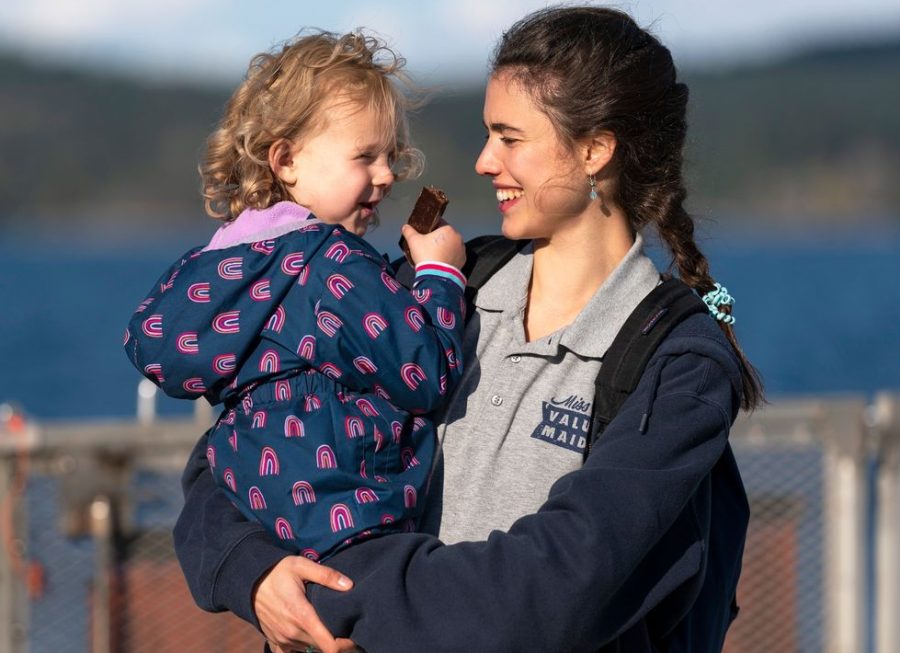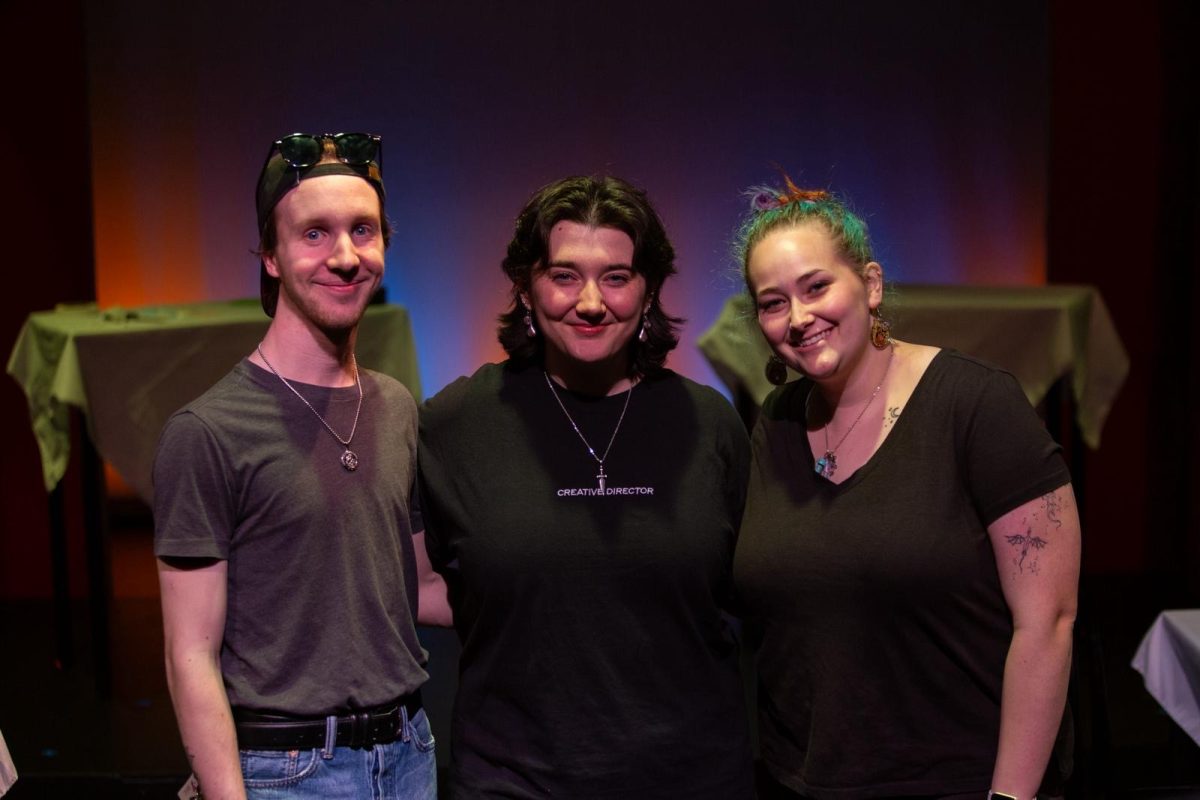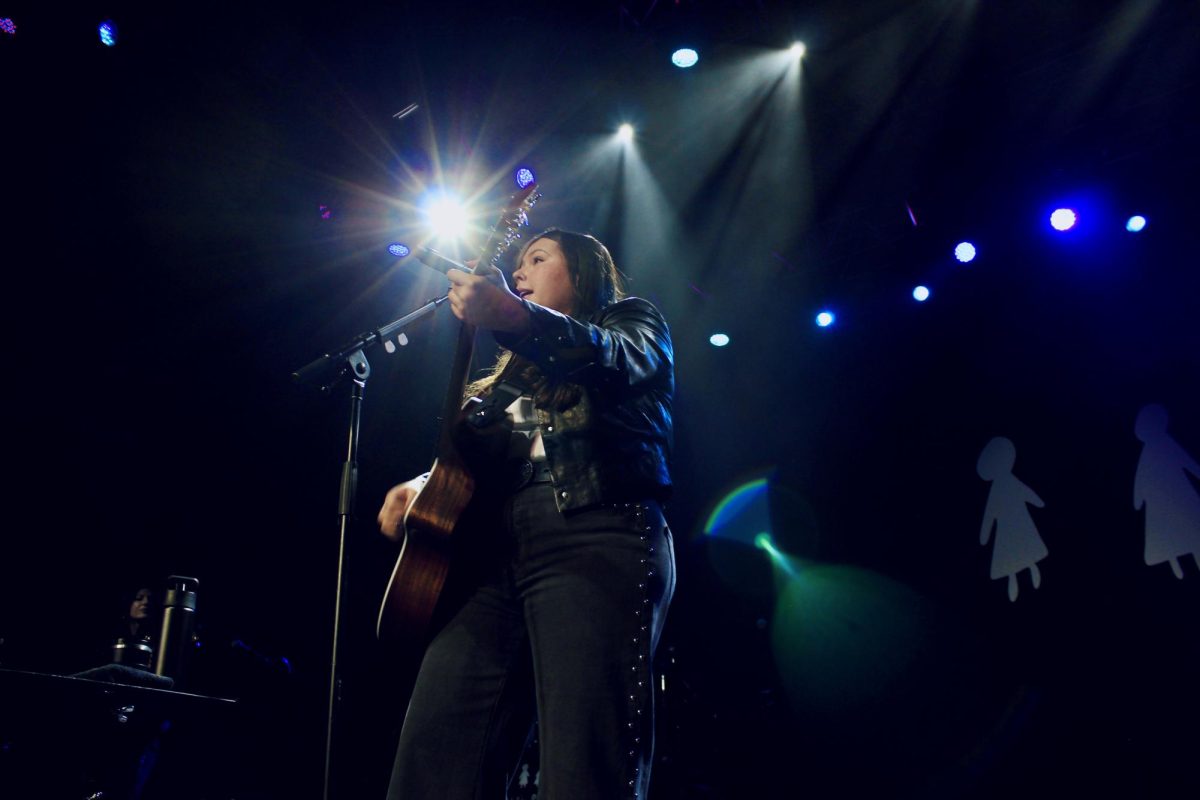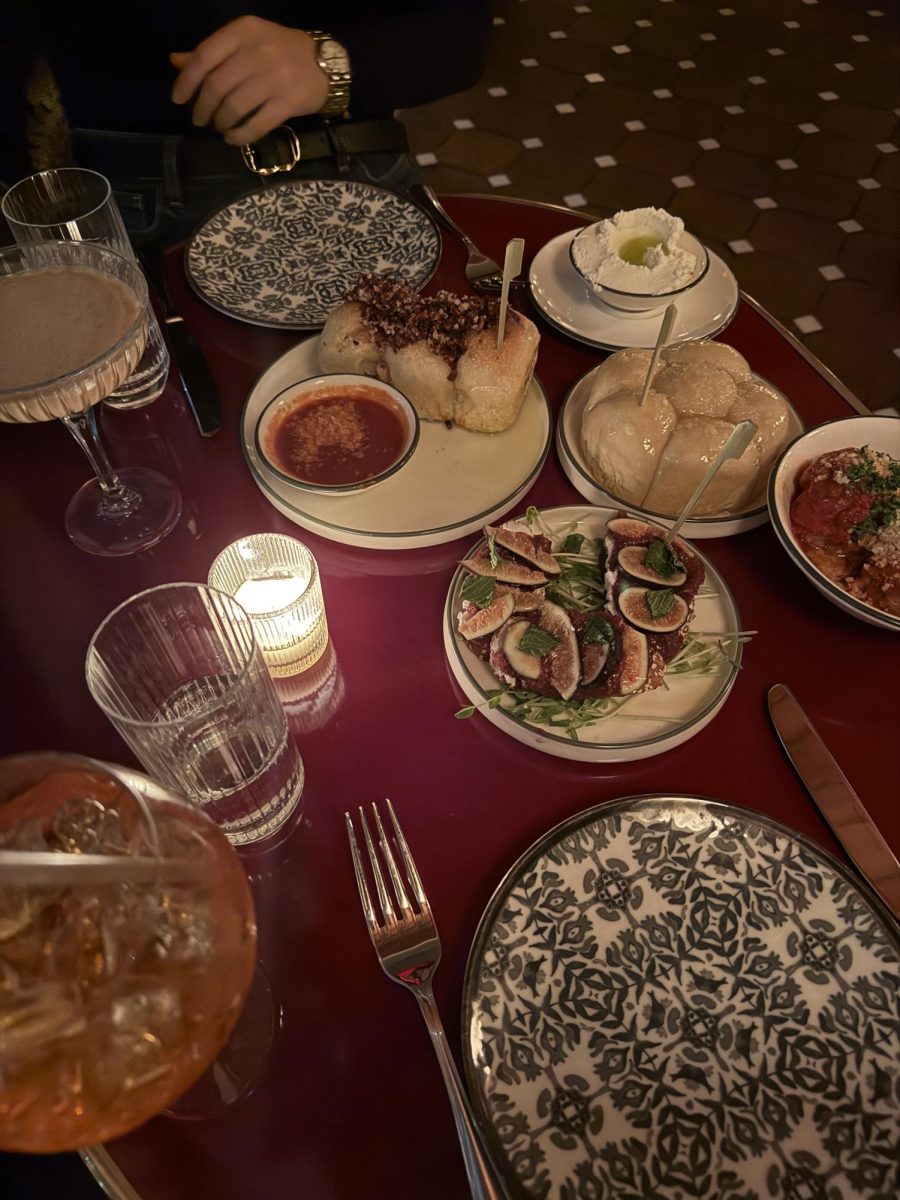Netflix’s “Maid,” inspired by the best-selling memoir “Maid: Hard Work, Low Pay, and a Mother’s Will to Survive” by Stephanie Land, has been riding Netflix’s top 10 in the U.S. list since its release on Oct. 1,, and is one of the streaming service’s most heartfelt dramas in years.
In this 10 episode mini-series, viewers see single mom Alex (Margaret Qualley) as she escapes an abusive relationship and struggles to make ends meet while cleaning houses and fending off homelessness in order to provide a better life for her daughter, Maddy (Rylea Nevaeh Whittet). This show is truly one of a kind in its beautiful, heartbreaking and honest depiction of domestic violence and a mother’s will to live for her daughter.
An interesting part of this series is that it features real-life mother-daughter duo Andie Macdowell and Margaret Qualley, as they portray a strained mother-daughter relationship that the show made work incredibly well. “Maid,” without a doubt, has to be a breakout role for Qualley, as her acting throughout it is phenomenal. This series has an amazing soundtrack, character development and cast, and that’s just the tip of the iceberg for the show.
“Maid” does an amazing job depicting many gray-area characters. Throughout the episodes, viewers see characters who are not entirely good or bad, but their unclear moral standing makes the storyline feel incredibly more real and human. There were some incredible parallels in the series as well, showing Alex’s desire to break a cycle of generational abuse that she and her mother went through. Specifically, the moment when Alex sees her childhood self in Maddy and decides she wants better for her.
The series also does a great job of depicting how difficult it is to be reliant on the government. Alex goes through seven types of government assistance in the show, all of which she very much needs. Her experiences show not how she is abusing the system, but how the system continuously fails people in her position.
Both the acting and writing in the series do an excellent job at portraying the slippery slope of being in an abusive relationship and shine a light on the lesser shown side of domestic violence. It’s one of the only shows to speak on this side of DV, one that isn’t necessarily about physical abuse, but emotional abuse. It seems that there’s this false notion out there that just because there’s no physical abuse, the emotional abuse is somehow “less real” or unimportant, and it’s also much more difficult to prove in legal situations, which can cause even more emotional strain on those who are being abused.
The show does an excellent job at answering the question: “Is this abuse?” Sometimes, instead of a black eye, abuse can be manipulation or making somebody small. Alex suffers financial abuse and manipulation as her abuser controls her life. Qualley does a great job at highlighting her character’s own acceptance of this, in the first episode saying “and say what, that he didn’t hit me?” in response to being asked if she wants to file a police report. Eventually, Alex comes to terms with the emotional abuse she suffered and realizes that even though she wasn’t physically abused, she is still a victim of DV. At the peak of the series, in her second time at the DV shelter, Alex realizes she can’t even remember her own favorite color anymore because of the toll her abuse has taken on her
The visual representations and film techniques in this show will really stick with the viewers. Throughout the series, we see a running count of Alex’s bank account going up and down, exhibiting how difficult the struggle truly is, and that it is not just a linear journey once someone “gets out” of a bad situation. At one point, Alex quite literally melts into her couch at the brink of depression, and viewers see a physical representation of the hole it feels like Alex is being kept in and how impossible it feels to get out of when you’re in there.
Alex does not have a single dependable person in her life. With no one to turn to, she becomes her own savior and her daughter’s hero. It’s almost painful to see her grapple with the emotional and mental turmoil, seeing her experience setback after setback. She didn’t receive any help from her parents, siblings, friends or a good partner. Every decision Alex made, she made for her daughter. This powerful miniseries is incredibly moving to watch, and is one that audience members won’t be able to stop watching until the very end — with tears running down their cheeks.
Follow Abby on Twitter @astreabbs















